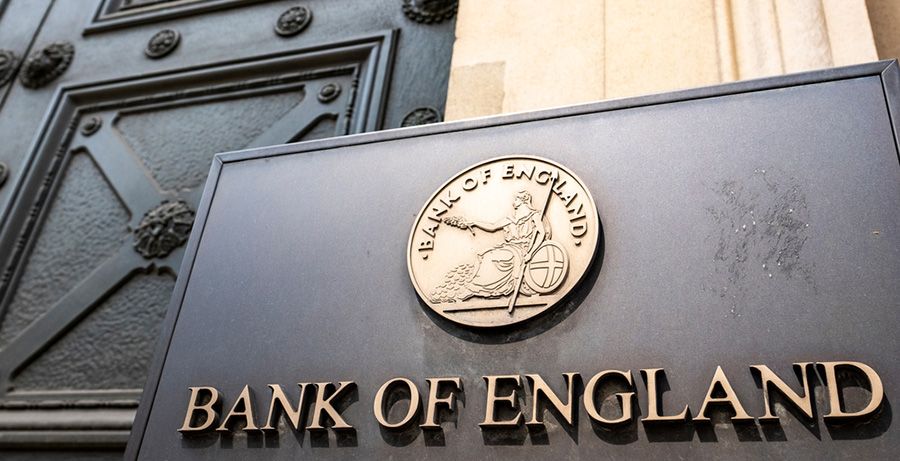
Today, the UK is widely considered to be at the forefront of digital payments. Mohamed Dabo reports on a Bank of England (BoE) review of current initiatives aimed at boosting the payment sector beyond Covid-19
British government and regulators are taking forward a series of actions that will further support competition and innovation in the payments sector.
These initiatives serve to create a more competitive market, increasing the range of payment options available to both customers and businesses, and driving down the costs of paying digitally for consumers.
The government action is also designed to make it cheaper and easier for new, innovative firms to provide alternative digital payment methods.
In a recent discussion paper, the BoE describes some existing initiatives in the UK that will contribute to improvements across the payment landscape.
Open Banking and PSD2
Open Banking and PSD2 require banks and other payment service providers to share customer financial transactional data with authorised third parties in a standardised way (i.e., through APIs), with customer consent.

US Tariffs are shifting - will you react or anticipate?
Don’t let policy changes catch you off guard. Stay proactive with real-time data and expert analysis.
By GlobalDataThis is designed to increase competition in the banking sector and enable third parties to innovate and create new financial products.
Furthermore, customers can authorise these third parties to automatically initiate payments on their behalf.
A good example of innovation enabled by these directives is the emergence of financial aggregators (which allow customers to view their account information from different providers through a single interface, making it easier for customers to compare products from different providers).
RTGS renewal
The Bank, as operator of the sterling Real-Time Gross Settlement (RTGS) service, is seeking to promote innovation in payments by expanding access to settlement in central bank money and through renewing RTGS.
This could reduce the cost of on‑boarding as a direct participant in domestic payment systems.
In 2017 the Bank announced that Electronic Money Issuers (EMIs) and payment institutions authorised by the FCA could start applying for RTGS settlement accounts.
The service will offer a range of new features and capabilities for payments and settlements between financial institutions. The vision is to develop an RTGS service which is fit for the future.
The first major milestone will be the move to ISO 20022 messaging in 2022, followed by the transition to a new core ledger in 2023.
Balance Sheet Access Review
The Bank’s response to the ‘Future of Finance’ report committed to ‘consult in 2020 on the appropriate level of access to the Bank’s payments infrastructure and balance sheet, including necessary safeguards’.
The focus is on whether, and how, to give non‑bank payments service providers (NBPSPs) the ability to hold deposits at the Bank overnight.
It is critical that access supports fully the stability and resilience of the system while also allowing innovation in payments.
Pay.UK’s New Payments Architecture
In 2018 the operators of the main UK retail payment schemes — Bacs, FPS and Cheques — were consolidated into Pay.UK.
Pay.UK are now developing the ‘New Payments Architecture’ (NPA) that will replace the existing interbank retail payment systems. The aim is to develop world‑leading infrastructure that supports instant settlement.
This will end multiple‑day clearing cycles (in Bacs and cheque clearing) and ensuring fast and resilient 24/7 clearing.
The goal is to establish a system that is easy to access, easy to upgrade and innovate on.
The system will be able to provide new capabilities that payment service providers (including banks) can exploit for their customers’ benefit.
Successful delivery of the NPA will provide a highly resilient and instant payment system for interbank payments.
HMT Payments Review
At Mansion House the Chancellor announced a Treasury‑led review of the payments landscape that brings together policymakers and regulators to ensure that regulation and infrastructure keeps pace with new payment models.
The review aims to investigate what the UK needs to do to remove barriers and support a more resilient and innovative payments system with more diversity of payments methods.
This includes the methods available to make payments and the services and systems that facilitate this.
The objectives include action to explore if amendments are needed to ‘future‑proof’ the regulatory approach for changes in the payments landscape.
Currency modernisation
A few years ago, the government, the Bank of England and the Royal Mint recently embarked on a programme of currency modernisation. This was to ensure that the currency is secure and robust against counterfeiting.
The new polymer £5 note was launched in September 2016 and the legal tender status of the old £5 note was withdrawn in May 2017.
This was followed with the launch of the new £1 coin in March 2017, with the withdrawal of legal tender status of the old £1 coin in October 2017.
The polymer £10 note was launched in September 2017 and legal tender status for the old note was withdrawn in March 2018.
The new polymer £20 note was launched in 2020.







